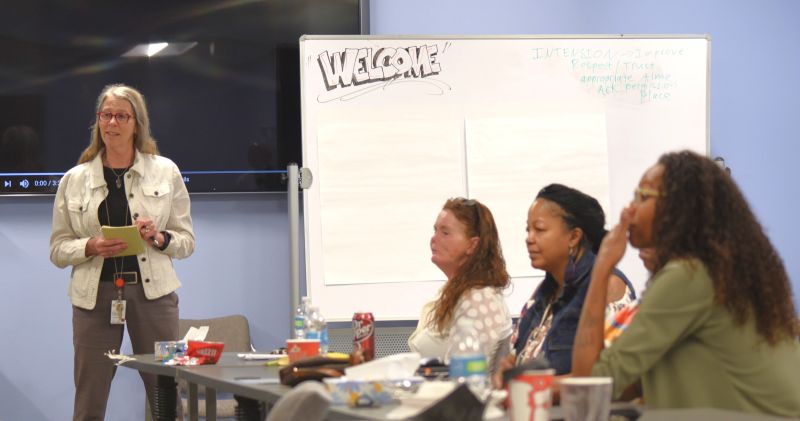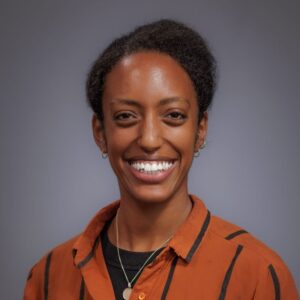What inspired you to join Project ECHO?
In 2003, I was the medical director of The University of New Mexico HIV clinic. I had a bunch of HIV-infected patients who were co-infected with hepatitis C.
I was really the only one treating them. It was complicated back then because we were using interferon, and it was dangerous. So, nobody was doing it.
I learned how to use it from a colleague in New York. Then, I started treating hepatitis C in my HIV clinic. Our founder, Dr. Sanjeev Arora, heard about that around the time he was starting ECHO and asked me to join. And that was it. I was on the first Hub team along with Paulina Deming, who is a clinical pharmacist. We were the Hub team for the first ECHO program.
The rest is history.
How does your background prepare you for this role?
I’ve been here since the very beginning, so I’ve seen how ECHO has changed. I’ve seen what’s happened over the entire time that ECHO has existed. I have that historical knowledge.
My passion for helping people who are underserved is really important. I believe in what ECHO does and how powerful it can be. I think that will help me a lot in this role as well. Those are the main things: the knowledge and the passion.
What’s one moment at ECHO you’re especially proud of?
I’m most proud of the New Mexico Peer Education Project. I was running the ECHO for hepatitis C in the prisons and identified a huge gap: people were continuing to get infected in the prison on a regular basis. There wasn’t a lot of education in the prisons about how hepatitis C is transmitted and so we began training incarcerated people to become community health workers in the prisons.
When I go out and do one of the 40-hour trainings, in the prisons, with my team, it’s just life-changing, honestly, for me. Every time I do it, I become more passionate about it. People transform during the training; at the beginning, they may feel like they don’t have anything to give back to the community; by the end, they’ve become incredible public speakers and really passionate about spreading knowledge. It’s a very powerful thing to witness.
What excites you most about the future of ECHO?
I want to talk to a lot of people and learn how they see the future for ECHO and what they think the best things are for us to do moving forward. With a transition like this, there’s an opportunity to evolve in a really good way.
Right now, I’m learning more about what everybody’s doing; there’s so many people doing ECHO now and so many people who are passionate about it.
I was on a call with our Superhub leaders recently and people are putting in the chat: “we’d love to give you ideas!” They have ideas about how ECHO has evolved and what ECHO can do. I want to hear the ideas of the people in our community and shape the future together.
What do you enjoy outside of work?
I really love spending time with my family. I have three children; they’re amazing. We have a big vegetable garden that feeds us – that’s a lot of work!
I love classical music; I love opera. We go to the opera every year here in Santa Fe. Americana – that’s kind of my other favorite kind of music. And I love voice; I love to hear people sing.
To learn more about Dr. Karla Thornton: read her ECHO story, visit her UNM faculty page, or find her on LinkedIn.
Featured Image: Dr. Karla Thornton stands at front during at an ECHO session for the Community Peer Education Project. May 2021.


